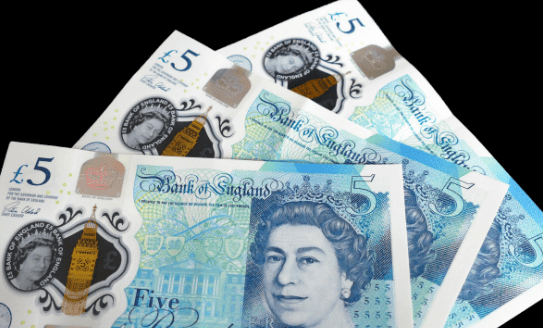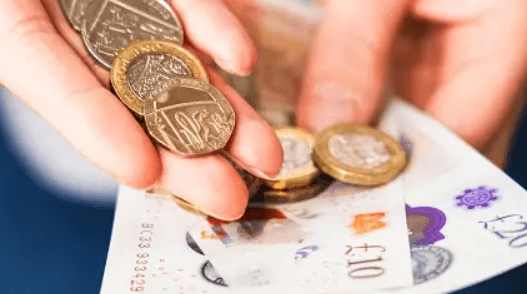In 2023, more people in the UK started using cash for daily spending, even though many are moving towards using cards and mobile payments. According to UK Finance, the number of people who mainly use cash increased to 1.5 million, the highest before the outbreak of the COVID-19 pandemic.

Surge in Cash Users Against All Odds
Despite the growth in contactless and mobile payments, those using cash rose by 66%. While around 900,000 people were mainly using cash in 2022, this increased to 1.5 million in 2023. This may have been due to the fact that people found the use of cash to be very helpful in keeping their financial lives on track due to ongoing difficult times economically speaking.
Last year also witnessed the cash-stuffing method getting publicized over social media, where one would parcel out cash among envelopes for groceries, bills, and savings. The system produces more awareness in spending. It became particularly helpful to many during this time of cost of living crisis.
Who Uses Cash?
The trend had been something UK Finance had been monitoring up until the end of last year to see whether it had carried over or whether this had been reversed. Interestingly, it is not just the people who earn less who use cash. There are also many well-off individuals among them. After all, it’s more of a personal preference thing. They cut across all age groups and are not anti-banks or concerned about privacy. Most of them have debit or credit cards and pay most of their bills through direct debits or standing orders.
Cashless Society Growing Too
While a greater number of people are, in fact, using cash, we are concurrently seeing a growth in the number of people leading nearly cashless lives. In 2023, 22.1 million people used no cash or used it very rarely, about once a month.

Concerns About the Cashless Society
Some campaigners are worried by the trend toward a cashless society. The recent global IT outage highlighted the risks involved. If the electronic systems go down, then cash is essential. Link, an ATM network, claims cash is a lifeline to millions of people. Even if cash payments fall to just 6% in a decade, cash will still be a necessity should other systems fail.
Protecting Access to Cash
The FCA has implemented new regulations for the sake of making certain that individuals and small businesses maintain continued access to cash. Banks and building societies are to begin ensuring that from September 18, local communities will have access to cash services in the form of branches as well as ATMs. They need to fill in any significant gaps in the access to these services.
What Does This Mean for the Future?
Perhaps the surprising increase in people’s use of cash in the wild world where one flies high to the zone of digital payments is cash’s trick of pulling off a magic trick. For most, after all, it is not solely for convenience; it is about remaining in control in a manner that makes sense. Cash makes budgeting feasible and enables one to know exactly how much money is walking out of the door when money is quite tight.
As technology progresses and more and more people start using mobile and contactless payments, this shouldn’t halt the memory of the role cash plays in society. As some people will always prefer using cash, where digital systems fail, others will have that necessary backup.

Why People Still Like Cash
Cash is easy and not technology-specific. The simplicity of the instrument—compared to, say, having no mobile phone, no internet, and no bank account—works for many to their advantage. It also helps people control their expenses because you cannot spend what you don’t have. Once the cash is gone, it’s gone. This method can be a powerful tool for those trying to stick to a budget.
The increase in the absolute number of cash users therefore serves to underline the diversity that is exposed in the way different individuals manage their finances. Such in fact harks back to the reality that there isn’t any specific, standard way in the management of money. What works for one individual may not work for another, and that is perfectly fine. It’s really all about finding out what might work best for you and sticking with the plan.
Conclusion
In sum, though the nation has been moving towards becoming cashless, the UK observed more number of people turning to cash management of their day-to-day expenses. This hints that use of cash is very much there in anybody’s financial management and, therefore, appropriate steps are to be taken for ensuring everybody gets access to the different cash services in life. It is now time for putting in place the appropriate measure so as everybody gets access to cash services as we get on to embracing new technologies and means of payment. Hence a need for cash, whether budgeting, personal preference, or as a backup, will remain important to many people in the UK.








